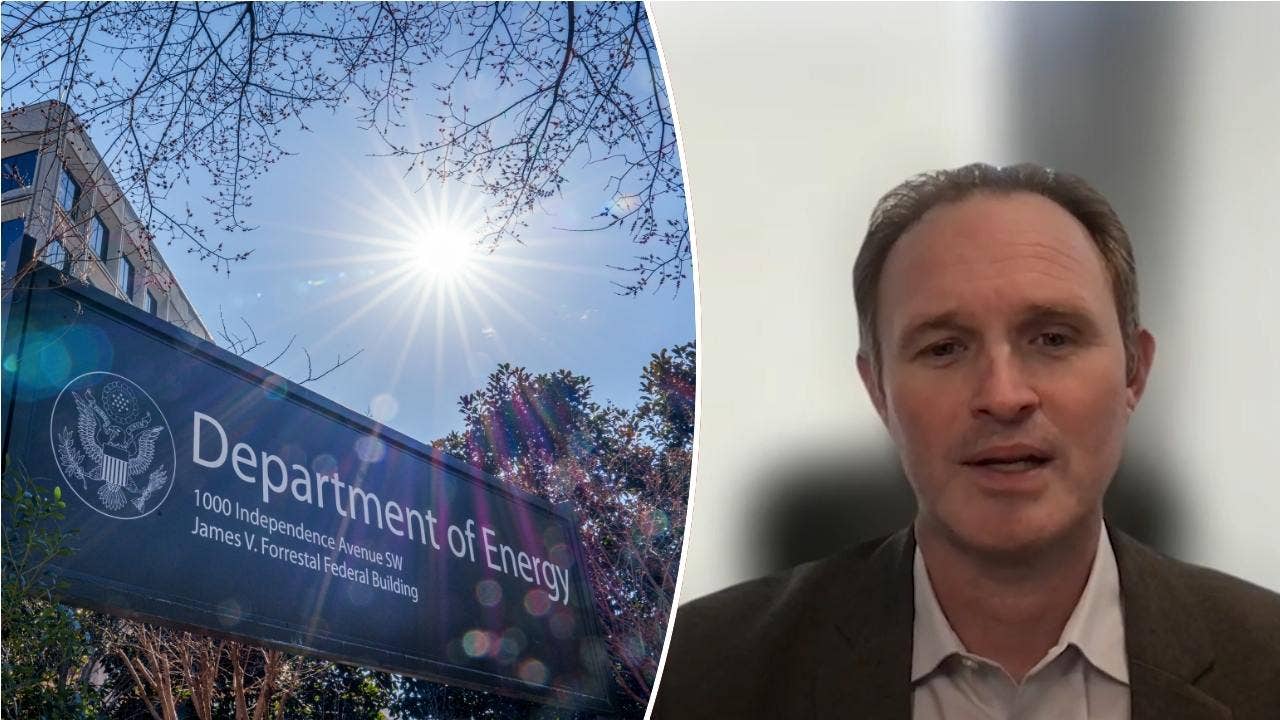Politics
CA Republicans urge Trump admin to fight state’s attack on natural gas: ‘It’s sick’

California’s Energy Policy Showdown: Environment vs. Consumer Choice
In the heart of California, a significant debate is unfolding between the state’s environmental policies and concerns over consumer choice and economic impact. The state is at the forefront of environmental action, pushing to phase out natural gas to reduce greenhouse gas emissions and improve indoor air quality. By 2030, California plans to ban new gas-powered heaters and promote all-electric buildings, aiming to align with climate goals.
Republican leaders, however, are vehemently opposing this shift. Led by figures like James Gallagher and Brian Jones, they argue that such policies infringe on consumer freedom and could harm energy security. They emphasize the financial burden on residents, especially those rebuilding after natural disasters like wildfires, who they believe should have the choice to use gas appliances without undue interference.
The federal government, under the Trump administration, has expressed support for natural gas, promoting production and exports as part of a broader energy agenda. This stance aligns with the Republicans’ position, adding a layer of federal involvement in the state’s energy policies. The Department of Energy is reviewing the situation, focusing on affordability and consumer choice.
Legally, the landscape is shifting. While some California cities initially banned gas hookups, a court overturned one such ban, causing others to reconsider. Despite this, the state legislature continues to advance regulations, such as warning labels on gas stoves, which could pave the way for a total ban.
The conflict represents a broader clash between environmental goals and economic, personal freedoms. California’s efforts to combat climate change through strict regulations are met with resistance from those prioritizing consumer autonomy and economic practicality. This standoff highlights the complexities of balancing progress with tradition in energy policy, setting a stage for ongoing debate with significant implications.


















